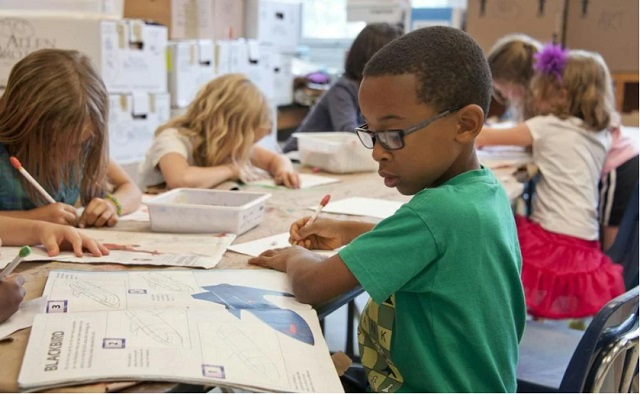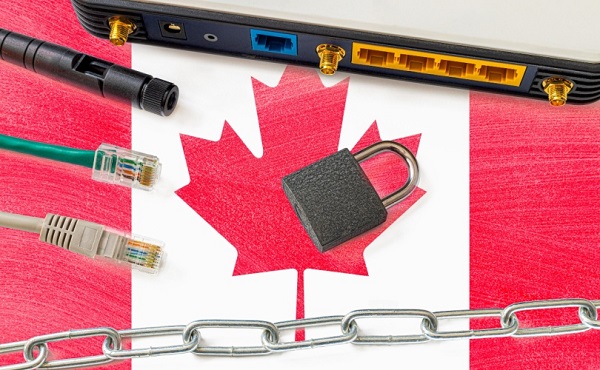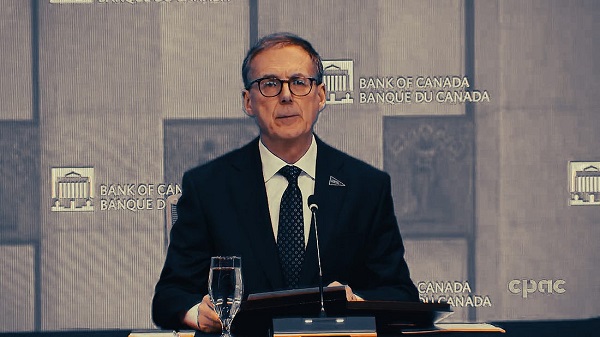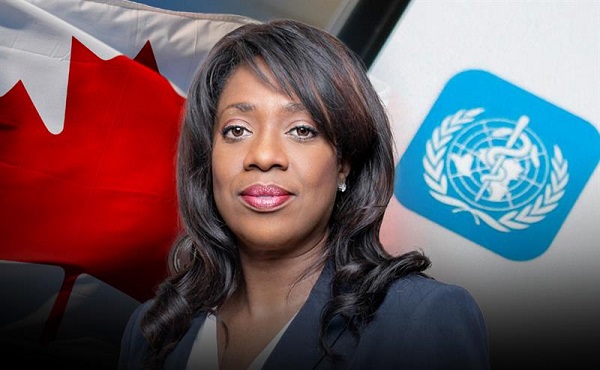From The Center Square
As you read this keep in mind, she’s 6.
The mother of a first grader punished for handing an “innocent” drawing with the phrases “black lives matter” and “any life” to a classmate of color is appealing to the Ninth Circuit Court of Appeals after a lower court ruling declared first-grade students are too young to be protected by the First Amendment.
After a first grade lesson on Martin Luther King Jr. and Black Lives Matter, a student who felt bad for her classmate of color drew a picture for that classmate to allegedly help the classmate feel more included. The picture had the phrase “Black Lives Mater” (sic) above “any life,” with a picture below of four circles of different colors — which the author says represented her and three classmates holding hands. The student thanked the author for the drawing and took it home, after which the recipient’s mother reported the drawing to the school’s principal “to express concern that her daughter was being singled out for her race.”
The school’s principal, Jesus Becerra, allegedly concluded that writing “any life” was “inconsistent with values taught in the school but acknowledged that [author’s] motives were ‘innocent.’” The recipient’s parents agreed the author innocently drew the picture and that they did not want the author punished, but Beccara allegedly declared the drawing “racist” and “inappropriate,” and submitted the first-grade author to punishment.
Becerra forced the author to apologize to the recipient for the drawing — to which the recipient allegedly expressed confusion upon receiving, leading to more confusion from the author. He also banned the author, a student “who loved to draw,” from drawing and giving pictures to classmates, and teachers banned the author from recess for two weeks without telling her why.
According to Transparent California, Becerra received total pay and benefits of $207,678.20 in 2022 as elementary school principal at Capistrano Unified School District.
After the author’s mother found out about the punishment a year later, she requested an explanation and an apology from the school, escalating until filing a suit in federal court. The school district claimed Beccara was operating under qualified immunity against the author’s First Amendment and retaliation claims. A federal district court ruled on behalf of Beccara, finding that first grade students are not protected by the First Amendment.
“Giving great weight to the fact that the students involved were in first grade, the Court concludes that the Drawing is not protected by the First Amendment,” wrote the court, citing a U.S. Supreme Court ruling finding “schools may restrict speech that ‘might reasonably lead school authorities to forecast substantial disruption of or material interference with school activities’ or that collides ‘with the rights of other students to be secure and let alone.”
The court also said the phrase “any life” was close to the phrase “All Lives Matter,” which it said is “an inclusive denotation but one that is widely perceived as racially insensitive and belittling when directed at people of color” in its justification for Beccerra’s actions.
The case’s appeal claims Beccarra’s punishment of the author counts as retaliation for actions protected under the First Amendment, and that says first grader’s speech is protected under Tinker v. Des Moines Indep. Cmty. Sch. Dist, a United States Supreme Court ruling that says “First Amendment rights … are available to teachers and students,” who do not “shed their constitutional rights to freedom of speech or expression at the schoolhouse gate.”
The appeal from the Pacific Legal Foundation says the lower court incorrectly found the author’s speech fell under Tinker’s First Amendment exemptions for speech at school that infringes on another student’s right to be left alone with regards tobullying, or causes “substantial disruption.”
The case now awaits a hearing and ruling from the Ninth Circuit, which should occur within a year.


















